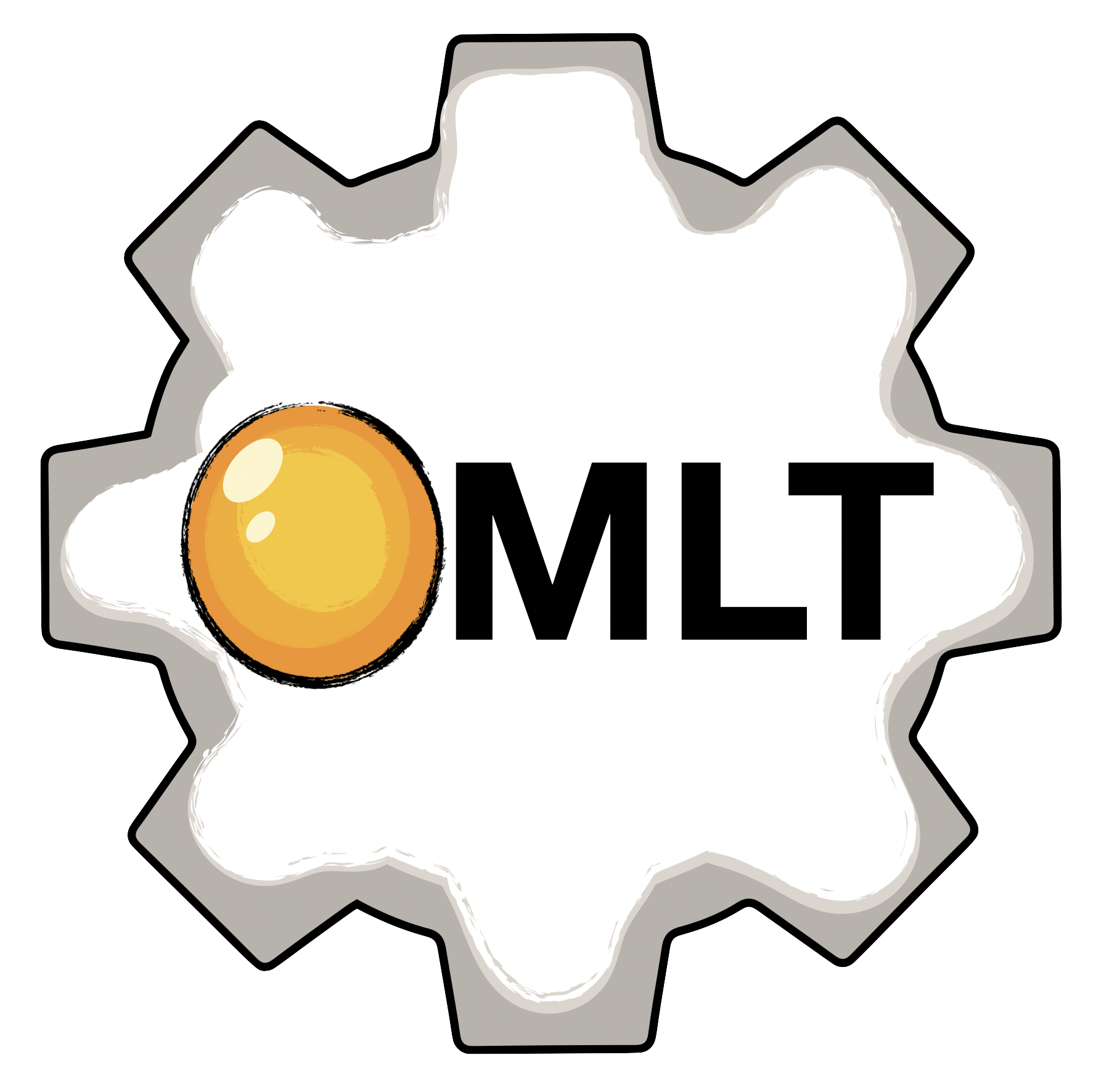
OMLT: Optimization and Machine Learning Toolkit
OMLT is a Python package for representing machine learning models (neural networks and gradient-boosted trees) within the Pyomo optimization environment. The package provides various optimization formulations for machine learning models (such as full-space, reduced-space, and MILP) as well as an interface to import sequential Keras and general ONNX models.
Please reference the preprint of this software package as:
@misc{ceccon2022omlt,
title={OMLT: Optimization & Machine Learning Toolkit},
author={Ceccon, F. and Jalving, J. and Haddad, J. and Thebelt, A. and Tsay, C. and Laird, C. D. and Misener, R.},
year={2022},
eprint={2202.02414},
archivePrefix={arXiv},
primaryClass={stat.ML}
}
Examples
import tensorflow
import pyomo.environ as pyo
from omlt import OmltBlock, OffsetScaling
from omlt.neuralnet import FullSpaceNNFormulation, NetworkDefinition
from omlt.io import load_keras_sequential
#load a Keras model
nn = tensorflow.keras.models.load_model('tests/models/keras_linear_131_sigmoid', compile=False)
#create a Pyomo model with an OMLT block
model = pyo.ConcreteModel()
model.nn = OmltBlock()
#the neural net contains one input and one output
model.input = pyo.Var()
model.output = pyo.Var()
#apply simple offset scaling for the input and output
scale_x = (1, 0.5) #(mean,stdev) of the input
scale_y = (-0.25, 0.125) #(mean,stdev) of the output
scaler = OffsetScaling(offset_inputs=[scale_x[0]],
factor_inputs=[scale_x[1]],
offset_outputs=[scale_y[0]],
factor_outputs=[scale_y[1]])
#provide bounds on the input variable (e.g. from training)
scaled_input_bounds = {0:(0,5)}
#load the keras model into a network definition
net = load_keras_sequential(nn,scaler,scaled_input_bounds)
#multiple formulations of a neural network are possible
#this uses the default NeuralNetworkFormulation object
formulation = FullSpaceNNFormulation(net)
#build the formulation on the OMLT block
model.nn.build_formulation(formulation)
#query inputs and outputs, as well as scaled inputs and outputs
model.nn.inputs
model.nn.outputs
model.nn.scaled_inputs
model.nn.scaled_outputs
#connect pyomo model input and output to the neural network
@model.Constraint()
def connect_input(mdl):
return mdl.input == mdl.nn.inputs[0]
@model.Constraint()
def connect_output(mdl):
return mdl.output == mdl.nn.outputs[0]
#solve an inverse problem to find that input that most closely matches the output value of 0.5
model.obj = pyo.Objective(expr=(model.output - 0.5)**2)
status = pyo.SolverFactory('ipopt').solve(model, tee=False)
print(pyo.value(model.input))
print(pyo.value(model.output))
Development
OMLT uses tox to manage development tasks:
- tox -av to list available tasks
- tox to run tests
- tox -e lint to check formatting and code styles
- tox -e format to automatically format files
- tox -e docs to build the documentation
- tox -e publish to publish the package to PyPi